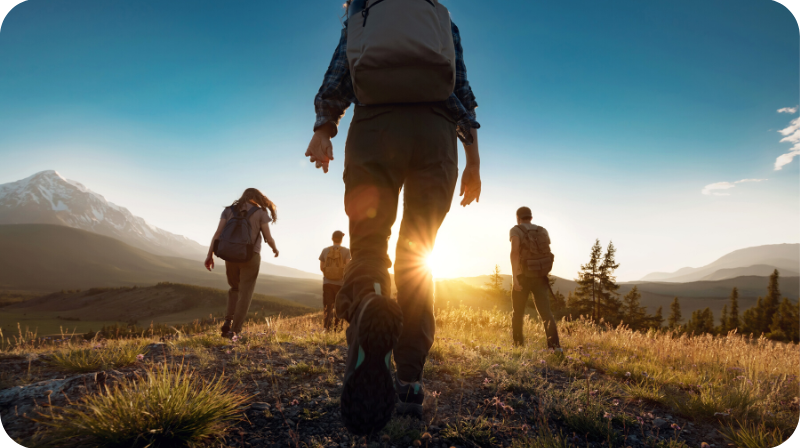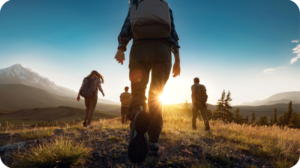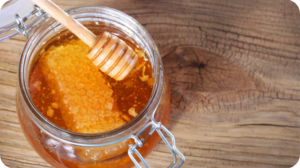The healing power of nature is well-documented. One famous study found that spending just two hours a week in nature can measurably improve physical health and mental well-being. That’s the benefit of passively being “in” nature. Imagine the upside if you immersed yourself in natural surroundings and activities in a clinical, intentional way.

You need imagine no longer. That process is called ecotherapy and is increasingly being offered by trained professionals across the country. Also called “nature therapy,” this practice goes beyond a simple long walk in the local park. It involves removing yourself to a naturalistic surrounding for a period time, often leaving all technology behind. Ecotherapy offers powerful mental health benefits, but it also gives you a chance to soak in abundant sunlight and the vitamin D it produces, and enjoy a wealth of fresh air away from the noise of urban or suburban environments.
Ecotherapy sessions are conducted by trained therapists, counselors, or “guides.” Most people find these professionals through their primary or mental health caregivers. You can also find a directory of practitioners on The Earthbody Institute’s website, although it’s important to note that there is no overarching governmental or governing body certification. It’s essential to do your homework before signing up with any ecotherapy professional.
Types of Ecotherapy
Ecotherapy has the potential to help patients with symptoms of depression, anxiety, burnout, PTSD, ADHD, and other mental conditions. Key to effective treatment, is choosing the specific type of therapy that suits you and your conditions. Fortunately, there are a variety of ecotherapy practices from which to choose.
- Adventure. This is a highly active, immersive wilderness experience (think Outward Bound). There is much more of a social component to adventure ecotherapy, and it may even involve significant teamwork. Examples include rock or mountain climbing (non-technical); long hikes and camping; and rafting. However, adventure ecotherapy can also involve more intimate long-term wilderness exploration, such as backpacking into the far reaches of a national park. This type of ecotherapy invariably requires that participants be in good physical health and capable of exerting themselves to a significant degree.
- Animal-focused. This involves developing care relationships with bonding animals, such as horses or dogs. It may be a stay-away opportunity, such as lodging at a horse ranch, or something more modest like spending day-long periods at a dog shelter. “Care farming” is a somewhat more extreme example of this type that can include taking care of farm animals, and even tending crops. Obviously, you must feel comfortable around animals and not be allergic to them.
- Green therapy. For many people, this is the more accessible option. It can involve a therapeutic walk, run, or bicycle trip through a local wilderness area, following established paths. Other versions focus on gardening or creating nature-based arts and crafts in natural surroundings. These sessions are usually short and restorative.
Obviously, safety should the primary consideration in any ecotherapy session. You need to find a counselor or professional you trust, with a therapeutic style, philosophy, and approach that works best for you. In any case, consult your primary caregiver and/or mental health professional for a recommendation and guidelines to choosing the right ecotherapy.





